Loneliness doesn’t only happen when you’re physically alone.

Sometimes it just happens randomly, leaving you feeling disconnected even when you’ve got plenty of people around you. It’s the quiet, heavy moments when you realise no one really sees you the way you wish they would. And when you live with that feeling often enough, certain thoughts tend to sneak into your mind—thoughts that are painful, but also painfully common. If you’ve struggled with loneliness, chances are these inner conversations will sound all too familiar.
1. “I don’t want to burden anyone with how I’m really feeling.”
 Source: Unsplash
Source: Unsplash Even when you’re craving connection, there’s a voice inside warning you not to share too much. You convince yourself that opening up would just make people uncomfortable—or worse, make you seem needy or dramatic. That fear keeps you locked inside your own head, smiling when you want to cry, laughing when you feel hollow. And each time you hide your real feelings, the loneliness grows a little heavier, a little harder to explain.
2. “Everyone else seems to have it figured out but me.”

Scrolling through social media or hearing about other people’s lives can leave you feeling like you’re the only one struggling to find your place. It’s not that you begrudge their happiness—you just wonder why connection seems so effortless for everyone else and so complicated for you.
The truth is, a lot of people are faking their highlight reels. But loneliness has a way of tricking you into thinking you’re the outlier—the only one stuck outside while everyone else moves forward together.
3. “Maybe I’m just too much, or not enough.”

When you feel disconnected for long enough, it’s easy to turn the blame inward. Maybe you’re too intense, too quiet, too weird—or maybe you’re not interesting, smart, or funny enough to be worth real attention. Loneliness twists your self-perception until you start seeing yourself as the problem. And when you believe you’re somehow “wrong,” it gets even harder to reach out for the connection you deserve.
4. “What’s the point of trying if people always drift away?”

If you’ve experienced friendships or relationships that faded over time, it’s easy to start believing that connection is always temporary. Why pour your heart into something that’s just going to leave you feeling empty again? That kind of thinking makes loneliness feel safer than risking more heartbreak. However, it also locks you out of the messy, beautiful chance to find the people who would actually stay if you gave them the chance.
5. “Maybe I just don’t fit anywhere.”
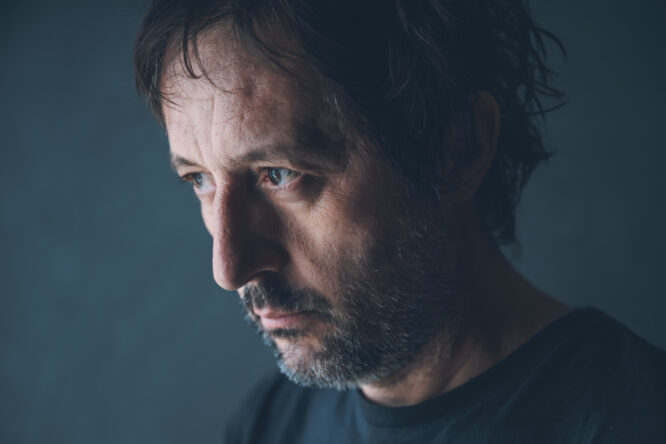
Sometimes loneliness doesn’t feel like a temporary phase—it feels like a life sentence. You look around and feel like everyone else has a tribe, a place, a rhythm—and you’re just floating outside it all, invisible and untethered. It’s easy to forget that belonging often isn’t about finding a ready-made group. It’s about building one, piece by piece. But when the loneliness is loud, it convinces you there’s no place in the world with your name on it.
6. “If I disappeared, would anyone even notice?”

It’s one of the darkest thoughts loneliness plants—and even if you don’t fully believe it, it sits there, whispering doubts about how much you matter. It’s not about wanting attention; it’s about wanting proof that your existence has weight. The painful part is how invisible you can start to feel even when you’re physically present in other people’s lives. It’s not about being seen; it’s about being known, and when that’s missing, it hurts in a way that’s hard to explain.
7. “Maybe it’s safer not to need anyone.”
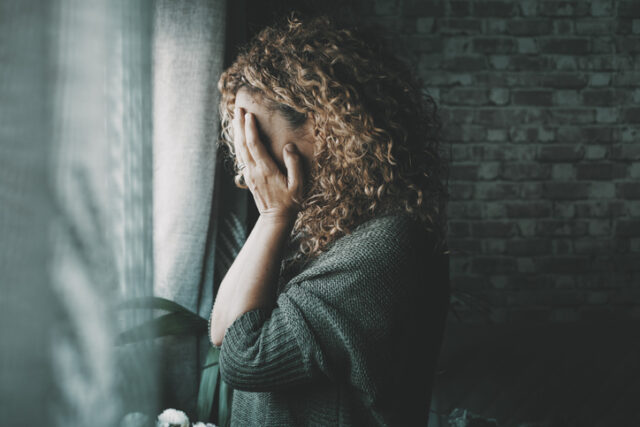
After enough hurt, enough loneliness, you start building walls you tell yourself are just “boundaries.” You convince yourself that needing people is weakness, and that full independence is the safest route. Of course, humans aren’t wired for isolation. And while protecting yourself feels smart at first, over time, it quietly deepens the loneliness you were trying to escape in the first place.
8. “Why do I always feel like the outsider?”

No matter how welcoming a room seems, there’s often a part of you hanging back, observing, never fully stepping inside. It’s not because you’re antisocial—it’s because loneliness has taught you to expect not to belong. That expectation becomes a self-fulfilling prophecy. You don’t connect as easily because you’re already halfway out the door emotionally, preparing for the moment you get left behind.
9. “They’re probably just being polite.”
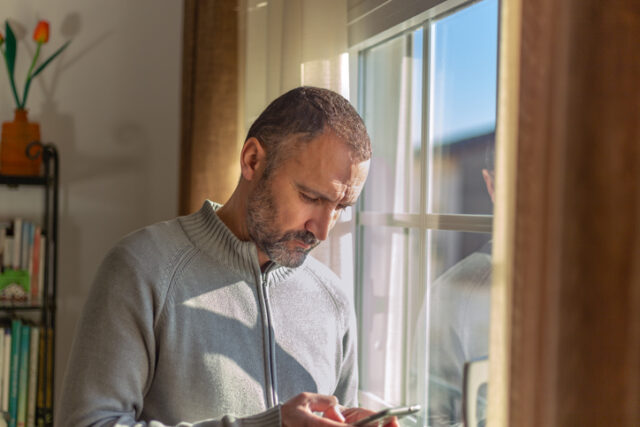
When people are kind or reach out, loneliness filters it through suspicion. Are they really interested, or are they just being nice? Are you genuinely wanted, or just tolerated? It’s exhausting second-guessing every interaction. However, when your brain has been trained to expect disconnection, trust doesn’t come easily, and every smile can feel like a potential rejection waiting to happen.
10. “I don’t even know how to make new friends anymore.”

Loneliness can make the idea of building new connections feel overwhelming and impossible. Where do you even start? How do adults make friends without it feeling forced or awkward? The longer you feel isolated, the bigger and scarier the idea of reaching out becomes. You start believing that you missed the window for making real connections, even though deep down, a small part of you still hopes it’s possible.
11. “I must be hard to love.”
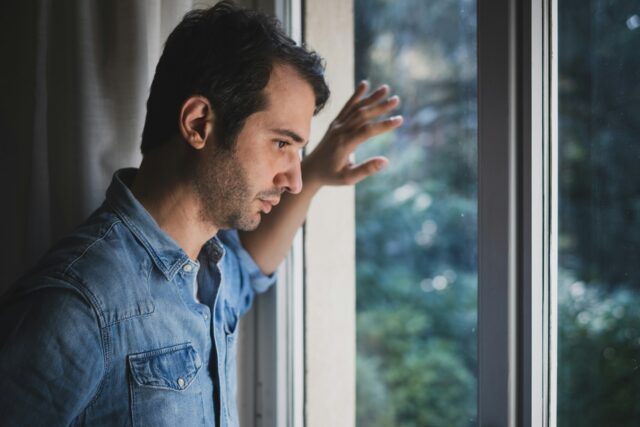
When you go long stretches without feeling truly seen or chosen, it’s easy to start thinking it’s your fault. That maybe there’s something fundamentally unloveable about you that everyone else can see, even if you can’t quite name it yourself. That shame runs deep, and it poisons your ability to believe in future connections. But the truth is, loneliness lies about your worth. Being unseen doesn’t mean you’re unworthy—it just means you haven’t found your right people yet.
12. “Maybe if I was different, I’d be happier.”
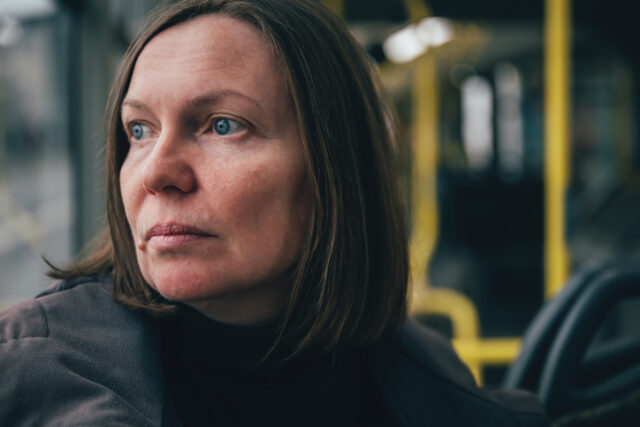
Loneliness can turn into a loop of self-criticism. If you were funnier, chattier, more interesting, maybe you’d find your place. Maybe the problem is just who you are at your core. However, changing yourself to win connection doesn’t work. The loneliness shrinks temporarily, but then it grows back stronger because deep down, you know the connection isn’t for the real you. And that’s the loneliest feeling of all.
13. “Why does everyone else seem so close, and I feel so far away?”

Watching other people share inside jokes, touch each other easily, or make plans without hesitation can make you feel like you’re on the outside of something everyone else was invited into. It’s not that you don’t want to be part of it—you just don’t know how to cross the invisible gap. That distance can feel bigger than it really is, and the longer you stay silent, the harder it becomes to bridge.
14. “Even when I’m around people, I still feel alone.”

Some of the worst loneliness happens in crowded rooms, at parties, or during group dinners. You smile, laugh, contribute—but inside, you feel disconnected, like you’re watching life happen from behind glass. That kind of loneliness isn’t about numbers. It’s about depth. And it reminds you that real connection has less to do with being around people, and more to do with being understood by them.
15. “I’m scared this feeling will never go away.”

Loneliness convinces you that this is just your life now—that no matter what you do, you’ll always be floating, searching, never quite finding your place. The fear that this feeling is permanent can be more painful than the loneliness itself. But feelings, even the heaviest ones, are rarely final. It might not change overnight, but loneliness can and does shift when the right people, opportunities, and tiny acts of courage find their way back into your life.
16. “Maybe I’m stronger than I give myself credit for.”

Sometimes, in the middle of the ache, there’s a flicker of something else—a realisation that surviving loneliness has made you more observant, more empathetic, and more aware of the people who actually matter. It doesn’t make the pain easier. But it does mean you carry a quiet strength that people who’ve never been lonely might never fully understand. You’re still here. You’re still hoping. And that’s something powerful all by itself.



